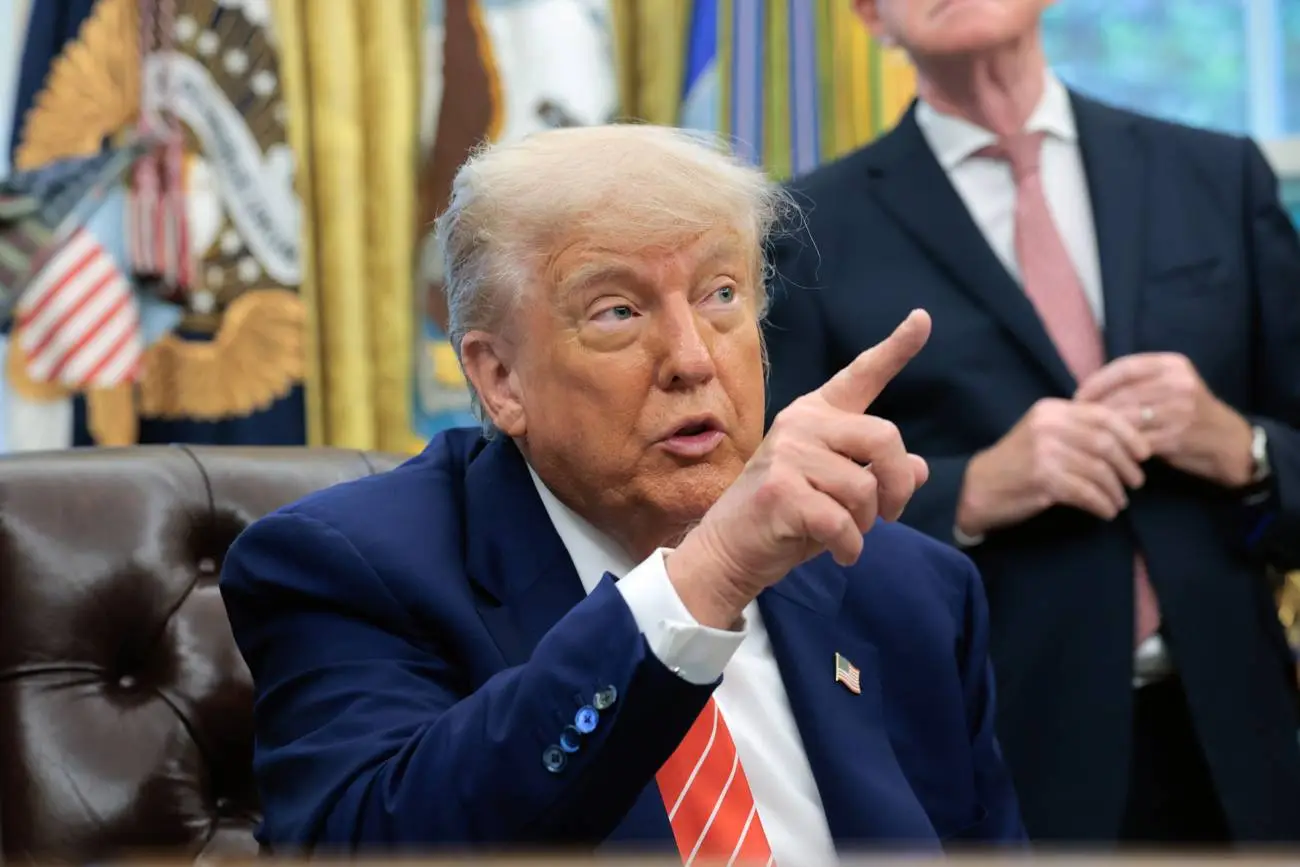In a legal turn that blends immigration enforcement with foreign policy, former President Donald Trump has asked the U.S. Supreme Court to intervene in deportation cases involving South Sudanese nationals. The request highlights the complexities of U.S. immigration law, humanitarian considerations, and national security—all colliding in one of the most volatile regions of Africa.
The Legal Background
The issue began when a group of South Sudanese individuals—many of whom have lived in the U.S. for years—were flagged for deportation after their legal protections expired or were revoked. Some had Temporary Protected Status (TPS), which shields immigrants from countries in crisis from deportation. But with TPS protections tightening under Trump’s previous administration, legal advocates argue that these individuals now face life-threatening conditions if returned to South Sudan.
Trump’s legal team is pushing the Supreme Court to reinstate broader deportation authority, citing the executive branch’s right to enforce immigration laws. Their argument: the lower courts overstepped by halting deportations on humanitarian grounds.
Why South Sudan?
South Sudan remains one of the world’s most unstable nations. Since gaining independence in 2011, the country has seen civil war, famine, and massive displacement. Human rights groups have consistently warned that deporting people back to this environment is not only unsafe but may violate international law.
Still, Trump and his allies argue that selective enforcement of immigration rules undercuts U.S. sovereignty and allows judicial overreach to set dangerous precedents.
Political and Humanitarian Impacts
The move has stirred both support and criticism. Immigration hardliners see the Supreme Court appeal as a necessary correction to what they call “judicial activism.” On the other side, immigrant rights groups call it a reckless and inhumane stance, particularly given South Sudan’s ongoing instability.
It’s also worth noting that the case has broader implications. If the Supreme Court sides with Trump, future administrations may have more leeway in enforcing immigration orders, regardless of humanitarian conditions abroad.
What Comes Next?
The Supreme Court hasn’t yet decided whether it will hear the case. But even the request marks a significant moment in the ongoing debate over immigration and executive power. For the South Sudanese nationals at the center of this legal storm, the stakes couldn’t be higher.
As the case unfolds, it will test the balance between law, compassion, and political ideology—yet again putting immigration policy on the national stage.



